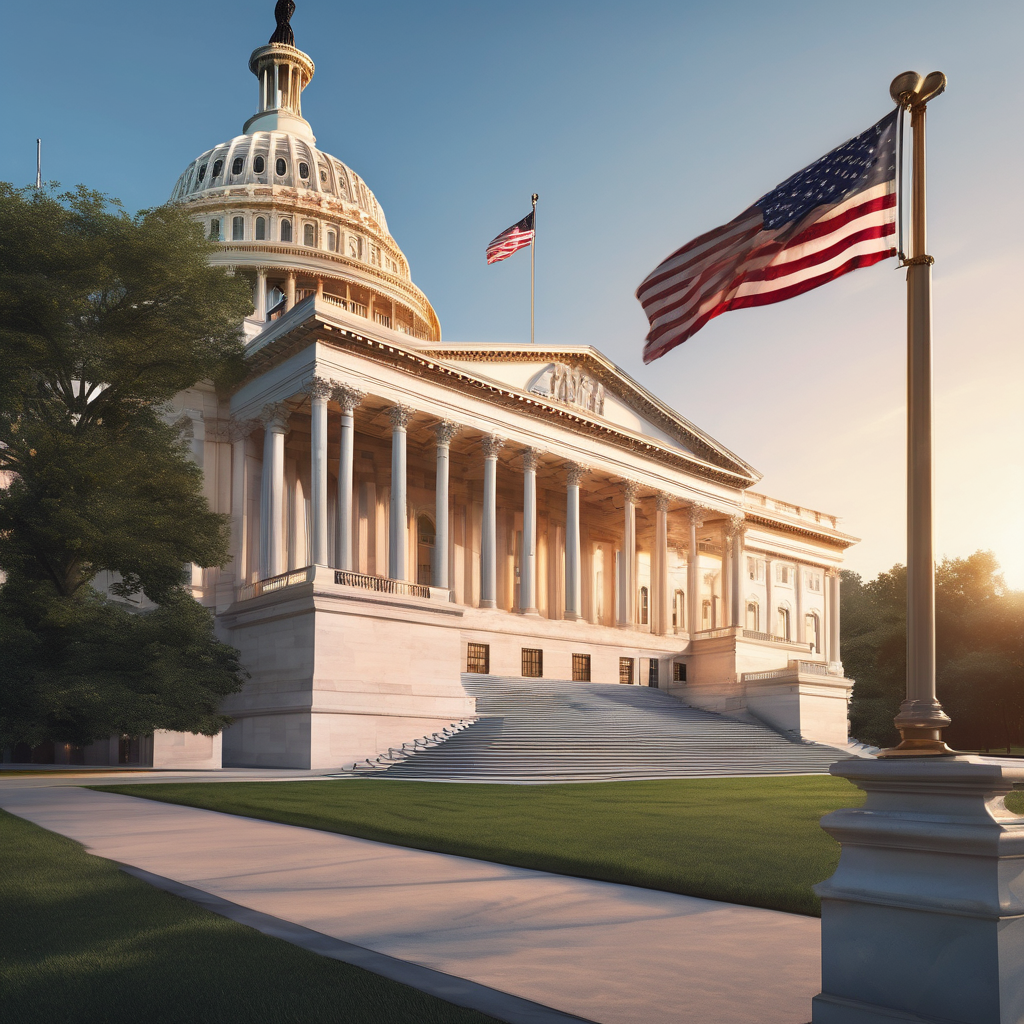
On November 25, 2025, a bipartisan coalition of attorneys general from 35 U. S. states and the District of Columbia issued an urgent appeal to Congress, urging lawmakers not to hinder states’ rights to establish and enforce their own artificial intelligence (AI) regulations. Led by New York Attorney General Letitia James, alongside counterparts from North Carolina, Utah, and New Hampshire, the group expressed grave concerns about the risks posed by unregulated AI, including physical harm and chatbot misuse, emphasizing the need for robust oversight to protect the public. They highlighted the importance of state autonomy in crafting regulations tailored to local needs and criticized federal efforts aimed at limiting state legislative authority amidst ongoing stagnation in national AI policy. In the absence of comprehensive federal standards, states have independently enacted laws addressing numerous AI-related issues, responding to threats such as AI-generated sexual content, political manipulation, and discrimination in housing, employment, and education. California, notably, has introduced sweeping regulations set to take effect in 2026, mandating greater transparency and risk management from AI developers to enhance industry accountability and consumer protection. Meanwhile, major tech companies like OpenAI, Google, Meta, and venture capital firm Andreessen Horowitz advocate for a unified federal framework, arguing it would ensure consistent standards, reduce regulatory fragmentation, and promote innovation. However, the lack of definitive federal policy has resulted in a patchwork of state regulations.
Political tensions further complicate the landscape; the Trump administration has backed efforts to block state AI laws, including attempts to embed restrictive provisions in national defense bills and threatening legal challenges, underscoring the contentious nature of AI governance debates. Despite federal opposition, the Senate overwhelmingly rejected—99 to 1—a proposal to halt state AI legislation, reflecting bipartisan support for state regulatory roles amid federal uncertainty. The coalition’s message to Congress underscores the complexities of governing emerging technologies like AI, highlighting the balancing act between federal and state powers, industry influence, and public safety concerns. As AI technology continues to evolve and integrate into society, debates over regulatory frameworks are expected to intensify. Decisions made in the near future will shape AI innovation trajectories, fundamental rights protections, and overall public safety nationwide. States’ proactive regulatory efforts may serve as crucial models or prompt calls for enhanced federal coordination to confront AI’s multifaceted challenges. Ultimately, the coalition’s unified position stresses the necessity of preserving state authority to address AI risks contextually while advocating for collaborative governance that balances innovation with accountability. This ongoing dialogue among states, the federal government, industry, and the public will decisively influence the future of AI regulation in the United States.
Bipartisan Coalition Urges Congress to Preserve States' Rights in AI Regulation


The Internal Revenue Service (IRS) is advancing its use of artificial intelligence (AI) by deploying Salesforce’s AI agent program, Agentforce, across key divisions such as the Office of Chief Counsel, Taxpayer Advocate Services, and the Office of Appeals.

“[Clients are] building the foundation right now, with many companies starting to take it seriously—while others are further along,” said Brandon Biancalani, head of paid advertising at Modifly, a performance media and creative agency.

The past five weeks have marked a pivotal shift in artificial intelligence, with significant technological advancements, integrations, and regulatory efforts shaping the landscape as we enter Q4.

TikTok is currently testing a new feature that allows users to request seeing less AI-generated content in their feeds, enhancing user control over the platform’s content.

Apple’s Quiet Sales Reckoning: Streamlining Efficiency in a Competitive Tech Landscape Apple Inc

Artificial intelligence has already become a fundamental part of many individuals' daily lives.

China's Alibaba Group reported a notable 34% increase in revenue from its cloud computing business in the latest quarter, primarily driven by growing demand and advancements in artificial intelligence (AI) technologies.
Launch your AI-powered team to automate Marketing, Sales & Growth

and get clients on autopilot — from social media and search engines. No ads needed
Begin getting your first leads today